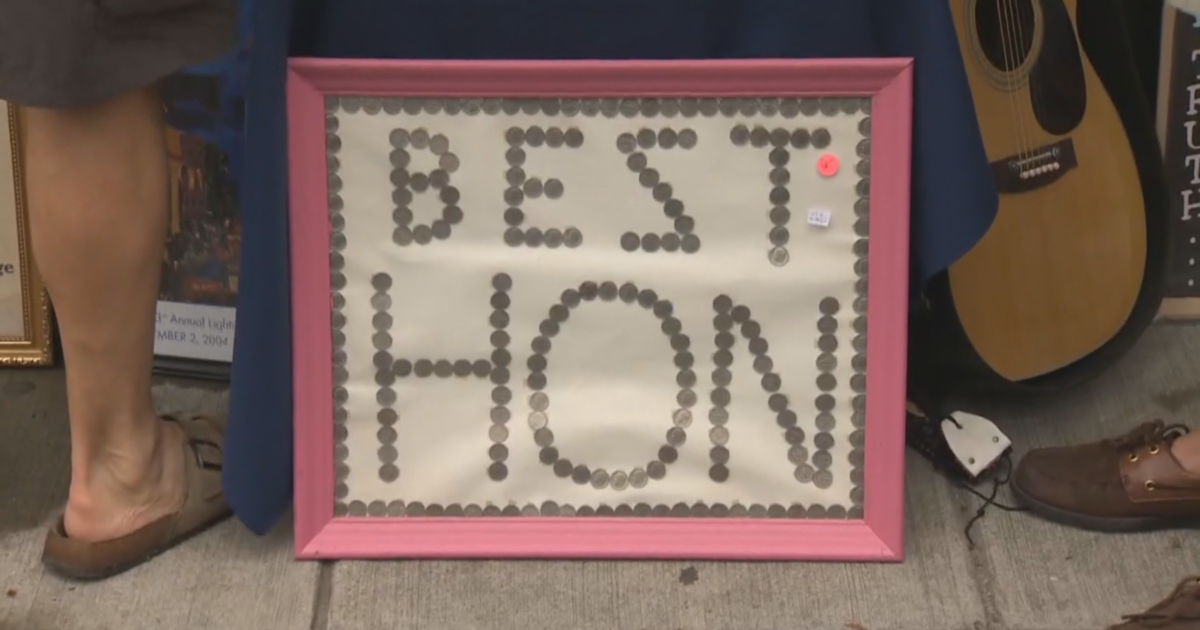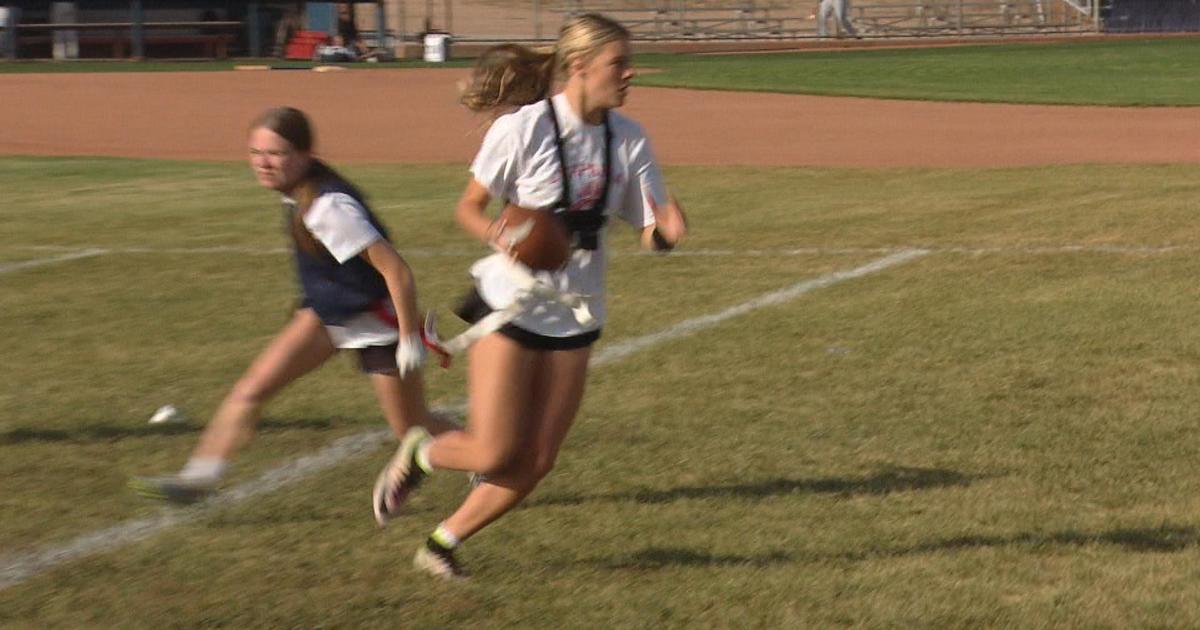Groups Propose Resetting Baltimore Election Cycle
BALTIMORE (AP) -- After a string of low-turnout elections in Baltimore, a coalition of groups called Monday for the city to shift its election cycle.
Representatives of several community groups are forming the Baltimore Election Change Coalition to push for legislation that would bring the city's elections in line with the statewide cycle to boost turnout and save millions of dollars. The coalition includes the League of Women Voters of Baltimore City, American Civil Liberties Union of Maryland, Baltimore City Branch of the NAACP and other groups.
"In an age when citizens are getting so turned off by politics, you need to make it easier," said Sally Grant of the American Civil Liberties Union of Maryland.
The city currently holds its local elections in the year after statewide elections and before presidential elections. Only about 22 percent of eligible voters cast ballots in last year's primary and turnout fell to 13 percent in the general election. But Baltimore saw 45 percent turnout in the 2010 statewide general election and 68 percent turnout in the 2008 statewide general election.
Supporters hope a change would improve participation in city races by capitalizing on the interest generated by higher-profile races, NAACP branch President Tessa Hill-Aston.
"With more excitement, the numbers would be higher," she said.
The coalition hopes that a significant savings would improve the chances of making a change.
"There's no question about saving money," said city Board of Elections Director Armistead Jones, noting that the board's $6 million budget for this fiscal year covers the citywide primary and general election and the upcoming presidential primary. "It would definitely save money."
The idea of shifting the elections has some fans among local politicians, but some, like Councilwoman Rochelle "Rikki" Spector, who attended the coalition's news conference Monday, favor syncing with the presidential cycle instead.
"I see this as a work in progress," Spector said. "We can't afford to stand alone."
Councilman Robert Curran led a previous attempt to move city elections that won support locally. But without the support in the General Assembly, which controls the timing of primaries, the city was left with primary and general elections 14 months apart in 2003 and 2004. The city council ended up shifting the general election back.
"It's not really cost effective and not good government to have 5 or 6 percent of the populace electing leaders," he said, noting that he'll support a change.
The coalition has been recruiting members of the city's General Assembly delegation interested in sponsoring legislation.
But Delegate Curt Anderson, D-Baltimore, said he's concerned that holding city elections at the same time as statewide elections would create an information overload that might turn off some voters.
"You lose any kind of real voter scrutiny when you have that much stuff happening at the same time," he said.
The best argument in favor of making the change is the cost savings, but the presidential cycle, when the ballot might be less crowded, might be a better choice, he said. The coalition is well-intentioned, but the best way to improve turnout is with races that engage voters more.
"You have to get people interested by getting out, campaigning and creating issues that people find important," he said.
The ACLU found that municipalities that hold elections that coincide with statewide or federal elections see higher turnout.
Richmond, Va., saw turnout increase from 17 percent to 42 percent when it moved municipal elections from May to November to coincide with state elections.
(Copyright 2012 by The Associated Press. All Rights Reserved.)



